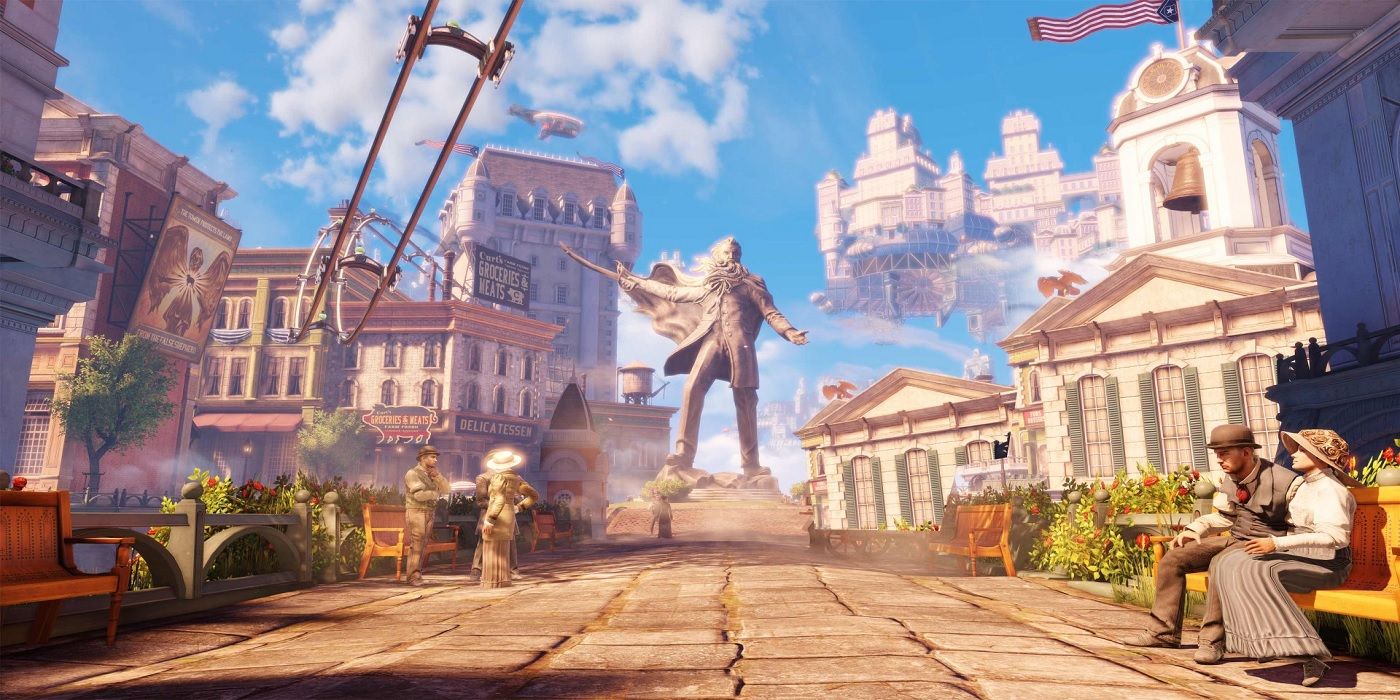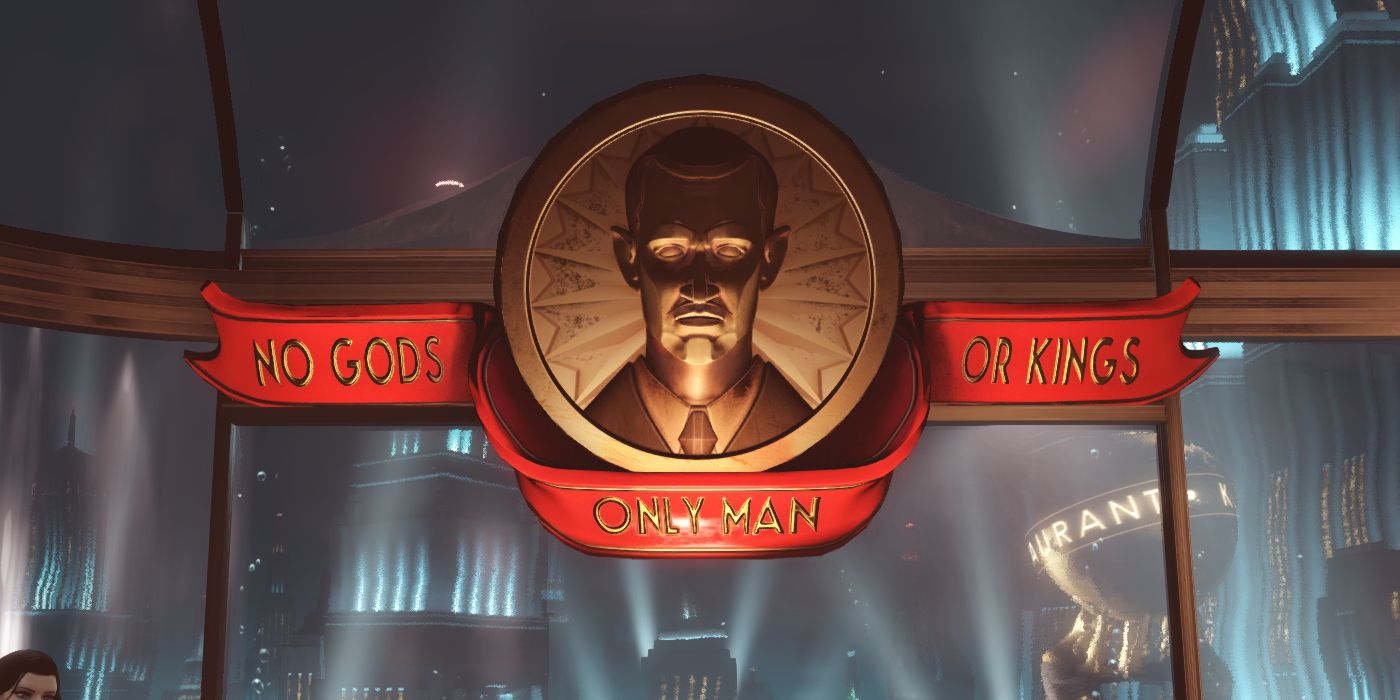Why a New Setting for BioShock 4 Makes More Sense Than Rapture or Columbia

BioShock 4 will see a lot of changes come to the beloved dystopian franchise. A new studio named Cloud Chamber will be tackling the project, and while the game will see many developers from past BioShock's past returning, series creator Ken Levine will not be involved.
This has left many fans wondering about BioShock 4's direction, including whether it will return to the cities of Rapture or Columbia, or if it will venture somewhere new. Here's why BioShock 4 should take the risk and throw players into a brand new setting, leaving Rapture and Columbia behind.

BioShock 4 is faced with the uniquely difficult task of distinguishing itself from the first three games. The twist of BioShock Infinite revealed that, in some ways, the stories of BioShock 1 and BioShock Infinite are the same versions of events playing out across different timelines. "There's always a lighthouse," explains Elizabeth, "there's always a man. There's always a city."
The reveal that BioShock Infinite was connected to the continuity of the first two games at all was a huge twist, but now it risks holding back BioShock 4. Cloud Chamber will need to make sure that players aren't going into its new game expecting a replay of the lighthouse-man-city formula.
Taking players to a new city could hint at the "there's always a city" part of Elizabeth's multiverse theory, but by avoiding Rapture and Columbia entirely BioShock 4 could at least begin to get fans to consider its plot as a standalone story with its own stakes. BioShock Infinite revealed that Rapture and Columbia are intimately connected, but if the series is going to move beyond that twist it needs to go back to its roots with a dystopian setting which seems truly unexplored.

A new setting would also allow one of the other key parts of any BioShock game to flourish - philosophy. Both BioShock settings seen so far have been built around and used as explorations of specific philosophies. Rapture's descent from underwater Randian utopia to a dystopian free-for-all nightmare is a clear rebuke of Andrew Ryan's Objectivism. Columbia's religiously fundamentalist and nationalistic society is used to critique American exceptionalism, imperialism, and racism.
BioShock 4 needs a new philosophy to put under the spotlight. To do so, it needs to build a setting with politics and aesthetics designed around that philosophy. If players return to either Rapture or Columbia they will likely find that those places now have less to say not because they were bereft of ideas the last time around, but because the settings already made their points in previous games.
Cloud Chamber appears to be bringing some big changes to BioShock. Job listings on the studio's website have even hinted that BioShock 4 may be integrating RPG features like an open world and a branching dialogue system. With all these changes coming to the franchise, returning to a familiar setting may be a tempting tie to the older games to help BioShock 4 feel familiar.
If BioShock is really going to match the storytelling ambition of BioShock 1 or BioShock Infinite, however, it needs to take the leap and send players somewhere new. Rapture was under the sea and Columbia was in the sky, leaving some to wonder if the next BioShock will be set in space, underground, or on an island. Choosing a new setting will be one of Cloud Chamber's biggest challenges, but if the game is going feel as original as the first BioShock then tackling that problem head-on will be vital.
BioShock 4 is currently in development.

Post a Comment